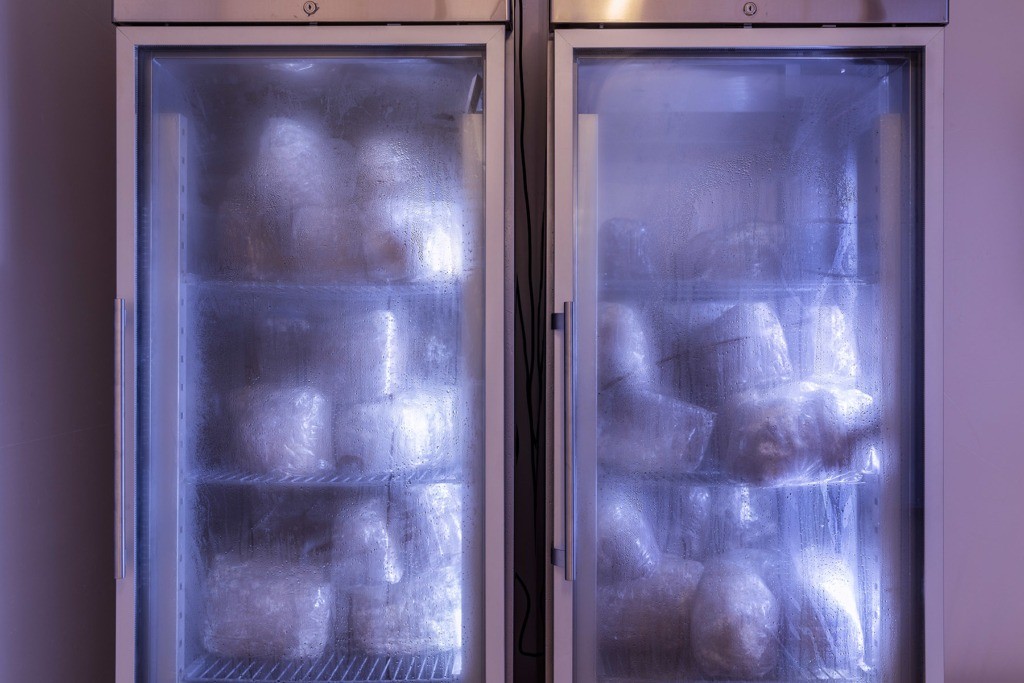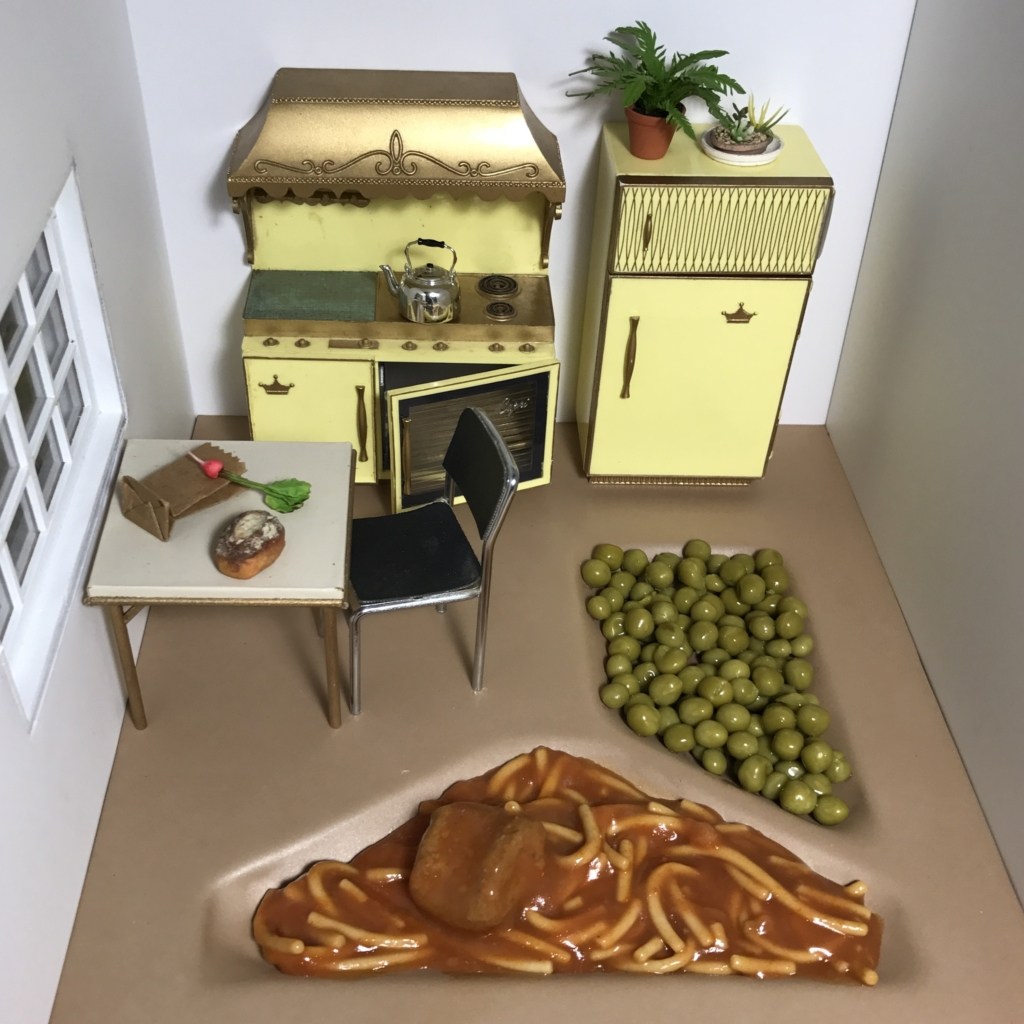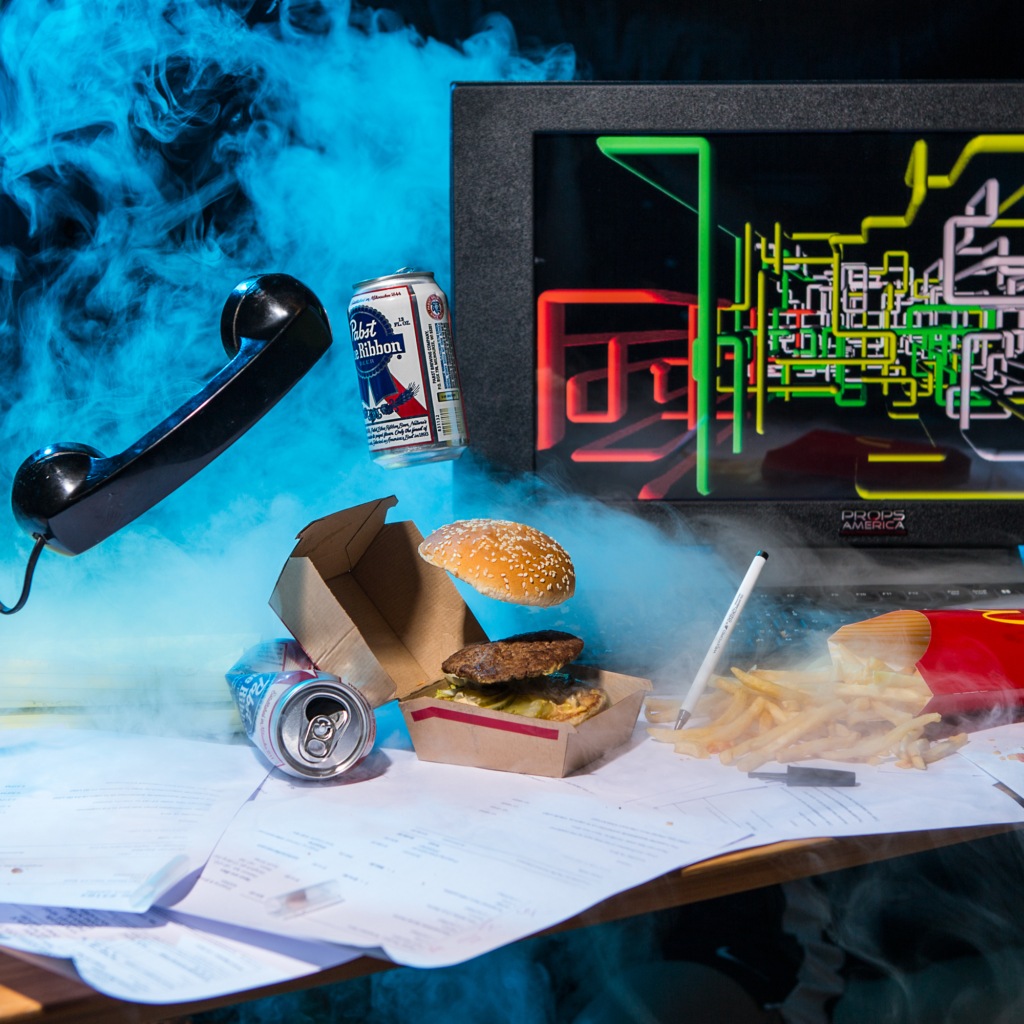Topics
Food
Fuel for the feeds
Swap Meat
Miracle “meat” — vegetarian alternatives wrought through “high-tech” methods — promises to change the world for the better. But such products mean more growth and more consumption, the same problems they aim to solve.
Taste Made
Home Cooking
Food-prep videos do more than provide instruction; they encode an ideology of what “authentic” life is supposed to look like. They are part of a history of filming factory work as a means of negotiating the relation between production and consumption.
Edible Creations
Fancy Feast
Dinner Theater
The Domino Effect
Food apps repurpose unseen human labor as machine magic. No one is working for you, only empowering you to make your own decisions, based on your own tastes, as your tastes slowly shift in a direction that suits the logic of a database. Abstracting away the reality of labor creates a permission structure in which you’re more comfortable asking for what you think you want.
Liquid Lunch
Meal replacement drinks like Soylent, and its predecessor, SlimFast, fetishize austerity and promise transcendence through self-denial. SlimFast, marketed to women, sells bodies without minds, while Soylent, masculinized, sells minds without the encumbrance of bodies, disguised as “biohacking.”
Image Feed
Food is a visual medium. Consuming images of food offers a different satisfaction from eating that food, and often a better one. We use “food porn” to imagine ourselves in situations we may or may not want to be in, to experience desire over food we might not dare to actually consume. Staging meals for photos is its own pleasure too, lending permanence to a transitory occasion.








